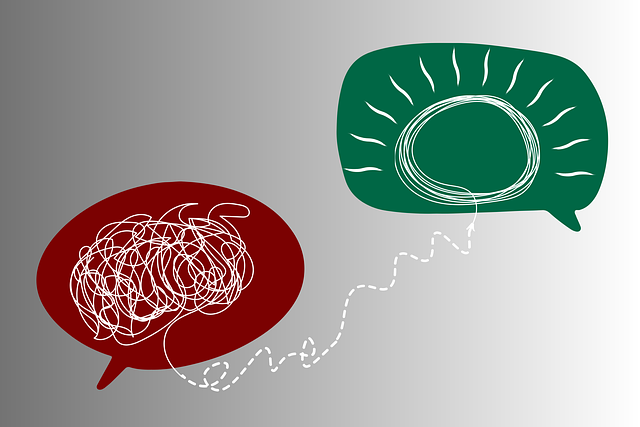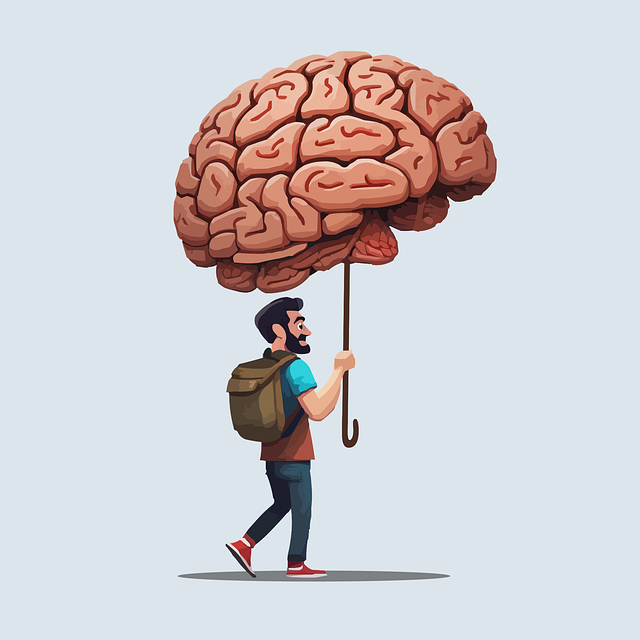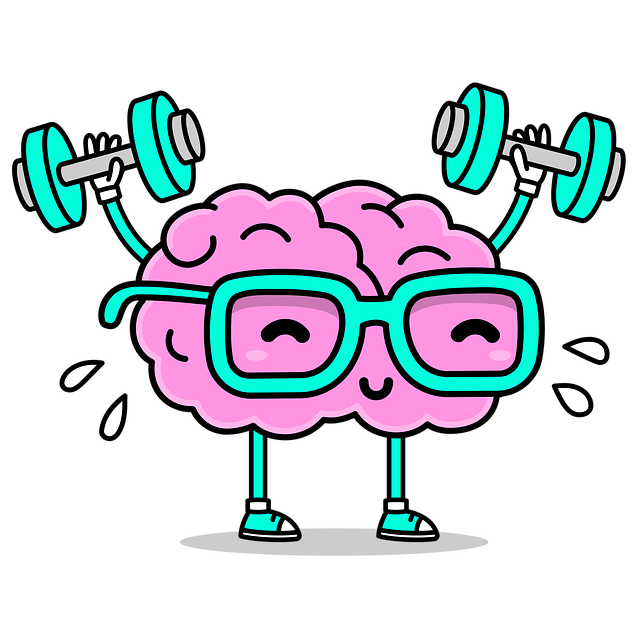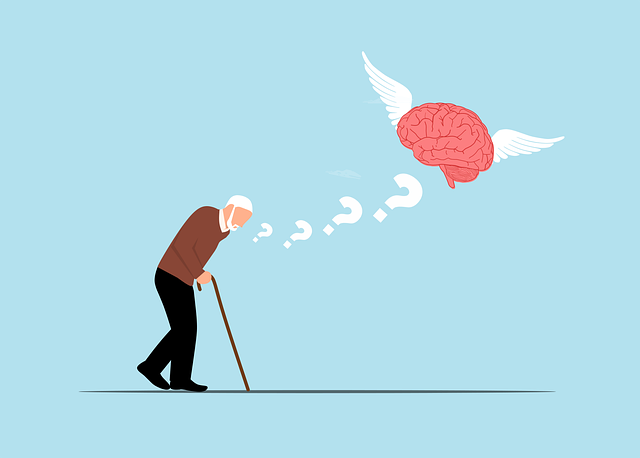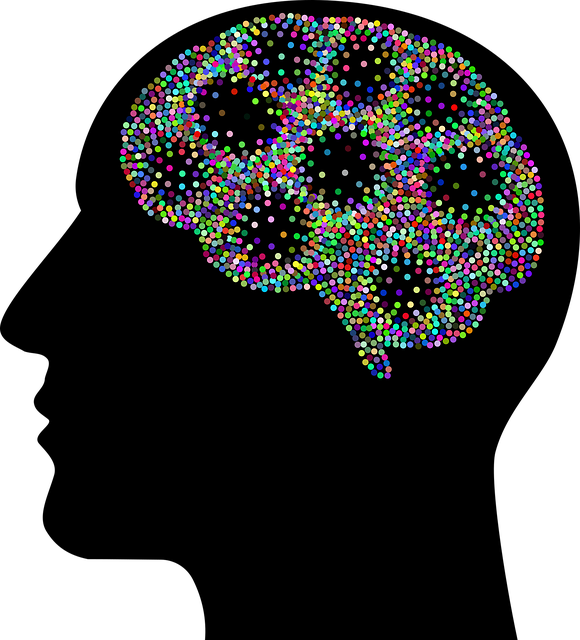Diagnosing mental illness in adolescent teens is challenging due to brain development, cultural influences, and stigma, which can obscure symptoms. To address these issues, there's a growing focus on cultural competency training for healthcare providers and integrating mental health education in schools. Stigma significantly hinders access to therapy for adolescents with depression; a multi-faceted approach including awareness campaigns, stress reduction methods, burnout prevention, and provider training is needed to improve access to treatment. Accurate diagnosis requires identifying overlapping symptoms of various disorders through integrated treatment models combining psychotherapy, such as cognitive behavioral therapy, along with mindfulness practices and stress management skills to distinguish unique mental health challenges and achieve better outcomes.
Mental illness diagnosis accuracy is a pressing concern, especially for adolescent teens facing challenges like stigma, overlapping symptoms, and limited access to specialists. This article explores innovative approaches to enhance diagnosis, focusing on early intervention programs, technology integration (telehealth, apps, AI), cultural sensitivity, and evidence-based therapies such as CBT for depression, IPT for social difficulties, and family-based treatments. By leveraging these strategies, we aim to improve mental health support for teens.
- Current Challenges in Mental Illness Diagnosis for Adolescent Teens
- – Stigma and lack of awareness
- – Overlapping symptoms across disorders
Current Challenges in Mental Illness Diagnosis for Adolescent Teens

Mental illness diagnosis among adolescent teens presents unique challenges due to several factors. One significant hurdle is the inherent complexity of teenage brain development and its impact on emotional regulation, which can mimic or obscure symptoms of mental health disorders. For instance, what may appear as sudden mood swings could be attributed to hormonal changes rather than indicators of depression or anxiety. This diagnostic maze becomes even more intricate when cultural and societal influences are considered, leading to potential misinterpretations by healthcare providers.
Moreover, the stigma surrounding mental health issues, particularly within certain communities, can deter teens from openly discussing their struggles. This reluctance further complicates early detection efforts. To address these challenges, there’s a growing emphasis on enhancing healthcare provider cultural competency training and integrating mental health education programs designed to equip both professionals and young individuals with the knowledge to recognize signs and seek appropriate therapy for adolescent teens depression. Additionally, fostering inner strength development through resilience-building initiatives can empower teens to navigate their emotional journeys with greater confidence.
– Stigma and lack of awareness

Stigma surrounding mental illness remains a significant barrier to accurate diagnosis and effective treatment for many adolescents and teens suffering from depression. The weight of societal perceptions can lead to individuals feeling ashamed, isolated, and reluctant to seek help. This stigma often delays necessary therapy for adolescent teens with depression, exacerbating their symptoms and hindering their ability to thrive.
Addressing this issue requires a multi-faceted approach. Enhancing public awareness about mental health is crucial, focusing on dispelling myths and promoting understanding of common conditions like depression. Additionally, investing in evidence-based stress reduction methods and burnout prevention strategies for young people can equip them with coping mechanisms before more severe issues arise. Healthcare Provider Cultural Competency Training is another vital tool; it ensures professionals are equipped to recognize and understand the unique presentations of mental illness across diverse populations, leading to more accurate diagnoses and compassionate care.
– Overlapping symptoms across disorders

Diagnosing mental health conditions accurately can be a complex task due to the often overlapping symptoms presented by various disorders. Many psychiatric disorders share similar manifestations, especially in their early stages, making it challenging for professionals to differentiate between them. For instance, depression in adolescents can manifest as irritability, fatigue, and social withdrawal, which are also key indicators of anxiety disorders or even certain personality traits. This complexity necessitates a nuanced approach to assessment, one that delves beyond surface-level symptoms to uncover the unique tapestry of each individual’s experience.
Efforts to enhance diagnosis accuracy often focus on integrated treatment models that combine psychotherapy, such as cognitive behavioral therapy for adolescent teens with depression, with strategies to promote emotional intelligence and mental wellness. By addressing both the specific symptoms and underlying emotional vulnerabilities, these comprehensive approaches aim to foster better outcomes. Emotional well-being promotion techniques, including mindfulness practices and stress management skills, can aid in distinguishing between overlapping symptoms and supporting individuals in managing their unique mental health challenges effectively.
Accurately diagnosing mental illness in adolescent teens is a complex task, exacerbated by societal stigma and overlapping symptoms. By increasing awareness, educating communities, and fostering open conversations about mental health, we can significantly improve diagnosis accuracy. Early intervention through therapy for adolescent teens with depression and other disorders is crucial, as it enables timely treatment and supports their overall well-being. Through concerted efforts to address these challenges, we can ensure that young individuals receive the appropriate care they need.
